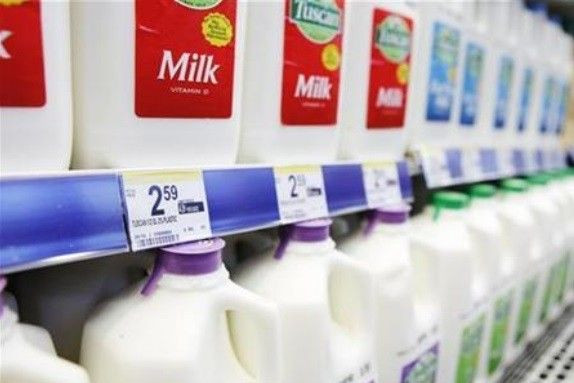New Zealand trade minister hopes for progress at TPP talks in Malaysia; Software sector raises concern over patents to secure access for dairy products

New Zealand’s Trade Minister Tim Groser has stated that he is expecting bilateral negotiations on the Trans Pacific Partnership to take place in Kuala Lumpur soon for following up on the ministerial level talks that started in Maui, Hawaii.
Although no date has been set for the next collective ministerial meeting, Groser said, there is a new sense of purpose that the negotiations have to conclude. “What I think is very clear is that there is a very, very strong shared sense that this negotiation needs to be brought to a conclusion now,” the minister noted. He said the TPP negotiations would be concluded by a series of “linked bilateral negotiations.” The trade minister will be visiting Kuala Lumpur soon for negotiations on another trade deal among 16 countries--the Regional Comprehensive Economic Partnership.
Dairy market
For New Zealand, the Maui meeting in July helped in raising outstanding issues such as opening up access to dairy products and in seeking more clarity on intellectual property for pharmaceuticals products. Groser said the World Trade Organisation's Doha round was providing a reminder of how failure will look like. "It is casting a positive influence on thinking - of reminding people what happens to a negotiation when people start to lose political interest and the politicians start to disengage from the negotiators."
The trade minister said the slump in dairy prices is creating a negative psychological influence and that makes everybody nervous to open markets when the price is low. But the minister sounded optimistic that dairy prices will rise before TPP takes effect, two years after the negotiations are over. Groser holds the view that TPP negotiations would have benefited more by having an independent chairman as in the WTO talks in Geneva.
IT concern
Meanwhile, the TPP talks have caused anxiety in New Zealand's largest IT industry body, the Institute of IT Professionals. They have articulated concerns that TPP will lead to New Zealand’s capitulation over software patents. New Zealand has already lifted patent protection for software two years ago by declaring that it is a “significant step towards driving innovation in New Zealand.” However, the IT sector is feeling worried by some leaked TPP documents that suggest the New Zealand Government is preparing to reintroduce patents for software for seeking better market access for its dairy products.
Ian Taylor, president of IITP and CEO of Animation Research, wrote a letter to Trade Minister Tim Groser and noted, “we are an export-driven sector, so we love free trade. However this can't come at the cost of the future of the technology industry, and that's what it will be if New Zealand's current law banning software patents is traded away in the TPP.”
(For feedback/comments, contact the writer at feedback@ibtimes.com.au or let us know what you think below)





















